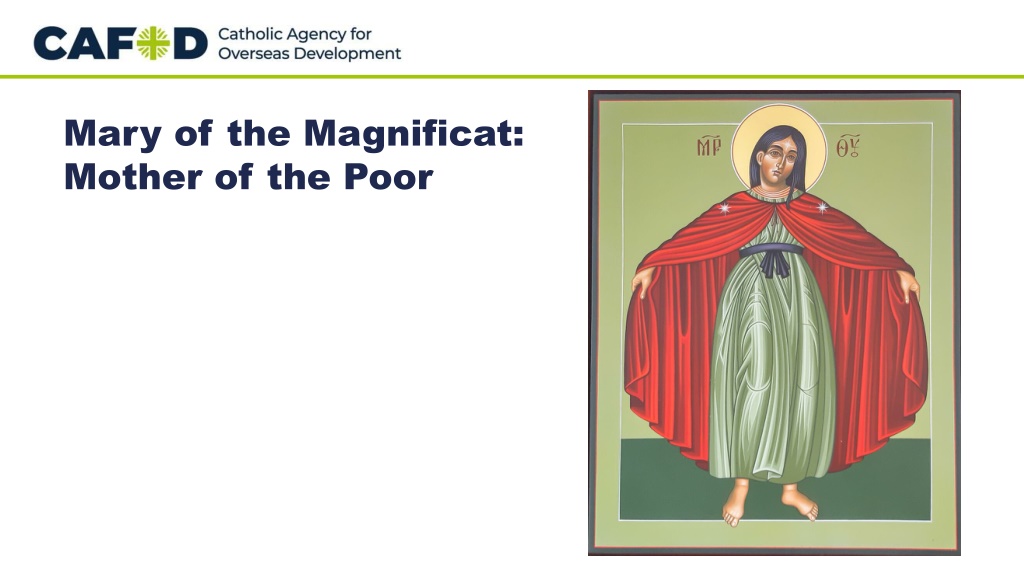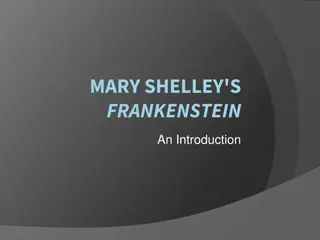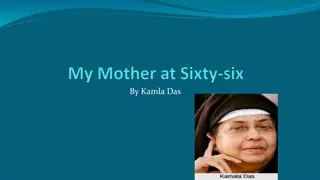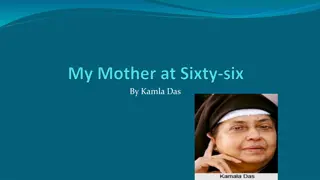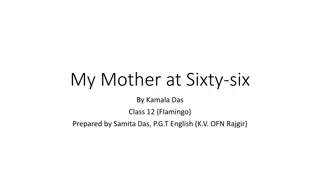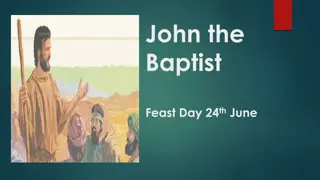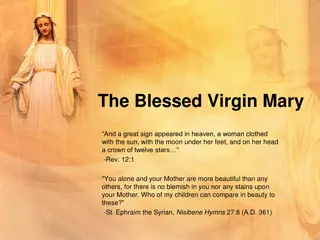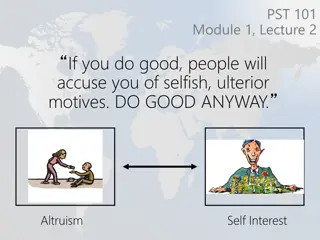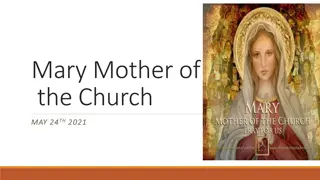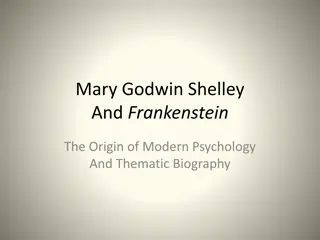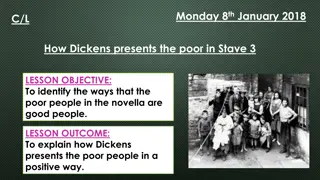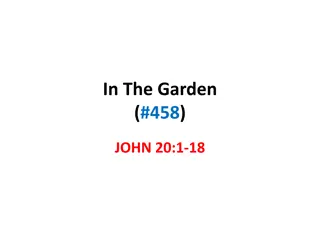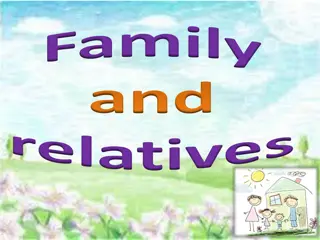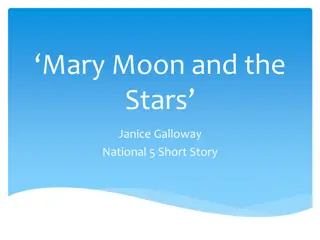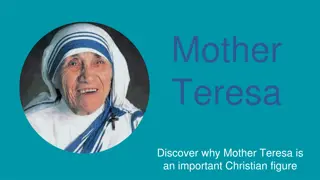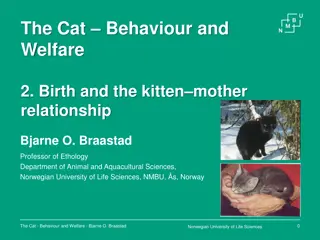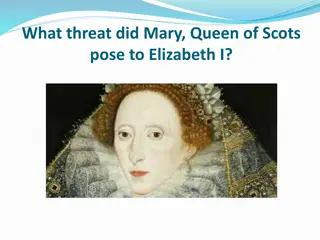Mary of the Magnificat: Mother of the Poor
Mary of the Magnificat: A symbol of hope and humility, this image portrays Mary's joyful hymn of praise and her role as Mother of the Poor. Learn about the significance of the Magnificat, Jubilee Years, and the call to serve the marginalized. Explore how you can embody the spirit of the Magnificat in your own life.
Download Presentation

Please find below an Image/Link to download the presentation.
The content on the website is provided AS IS for your information and personal use only. It may not be sold, licensed, or shared on other websites without obtaining consent from the author.If you encounter any issues during the download, it is possible that the publisher has removed the file from their server.
You are allowed to download the files provided on this website for personal or commercial use, subject to the condition that they are used lawfully. All files are the property of their respective owners.
The content on the website is provided AS IS for your information and personal use only. It may not be sold, licensed, or shared on other websites without obtaining consent from the author.
E N D
Presentation Transcript
Mary of the Magnificat: Mother of the Poor
The Magnificat My soul magnifies the Lord, and my spirit rejoices in God my Saviour, for he has looked with favour on the lowliness of his servant. Surely, from now on all generations will call me blessed; for the Mighty One has done great things for me, and holy is his name. His mercy is for those who fear him from generation to generation. He has shown strength with his arm; he has scattered the proud in the thoughts of their hearts. He has brought down the powerful from their thrones, and lifted up the lowly; he has filled the hungry with good things, and sent the rich away empty. He has helped his servant Israel, in remembrance of his mercy, according to the promise he made to our ancestors, to Abraham and to his descendants forever. In Luke 1, the Angel Gabriel told Mary that she would be mother of Jesus, and that her cousin Elisabeth was also expecting a baby. The Magnificat is Mary s joyful hymn of praise when she arrived at Elisabeth s, according to Luke 1:46-54.
What is a Jubilee Year? The Catholic Church holds a Jubilee Year every 25 years. For example, 2025 is a Jubilee Year with the theme Pilgrims of Hope . The purpose of jubilee years is to encourage holiness of life. In the Old Testament, jubilee years were a time when debts were cancelled and slaves freed (Leviticus 25:8-55). In the Jubilee Year 2000, organisations around the world, including CAFOD, united in a coalition calling for cancellation of debt owed by the world's poorest nations to foreign creditors. As a result, billions of pounds worth of debt owed by more than 35 countries was cancelled, freeing up money for things like hospitals and schools.
The icon As part of Jubilee Year 2000, CAFOD asked Father William Hart McNichols S.J. to write the icon, Mary of the Magnificat: Mother of the Poor. Icons are prayerfully painted (or written ) as a window into heaven , to assist people in prayer as they gaze on the icon quietly and patiently. CAFOD believes that Catholics, and all Christians, are called to walk in hope and solidarity alongside people who are living in poverty. This icon reminds us that Mary sang praise to God who loves the poor and raises them up.
Questions to ponder What details do you notice about the image? What meaning does it convey to you? How could YOU be a person of the Magnificat?
